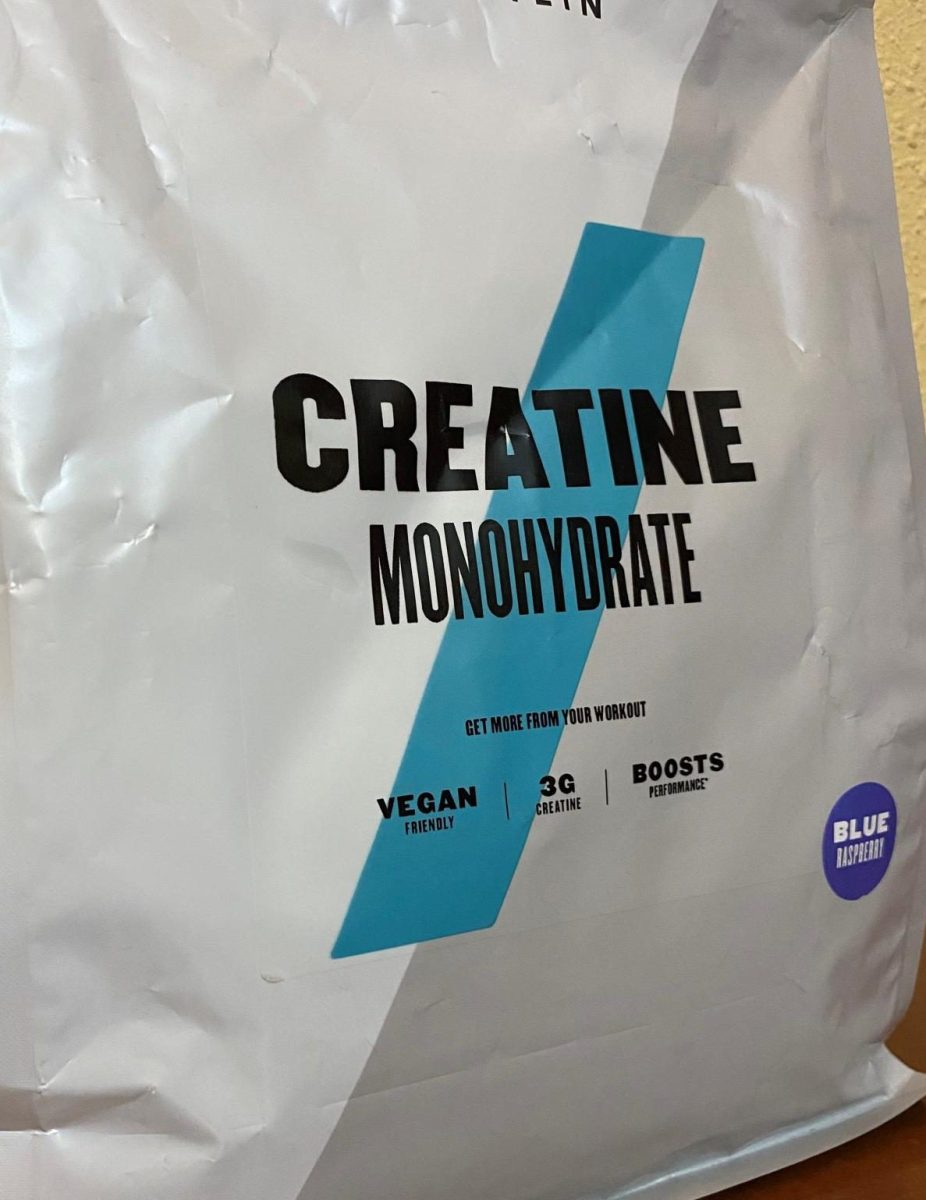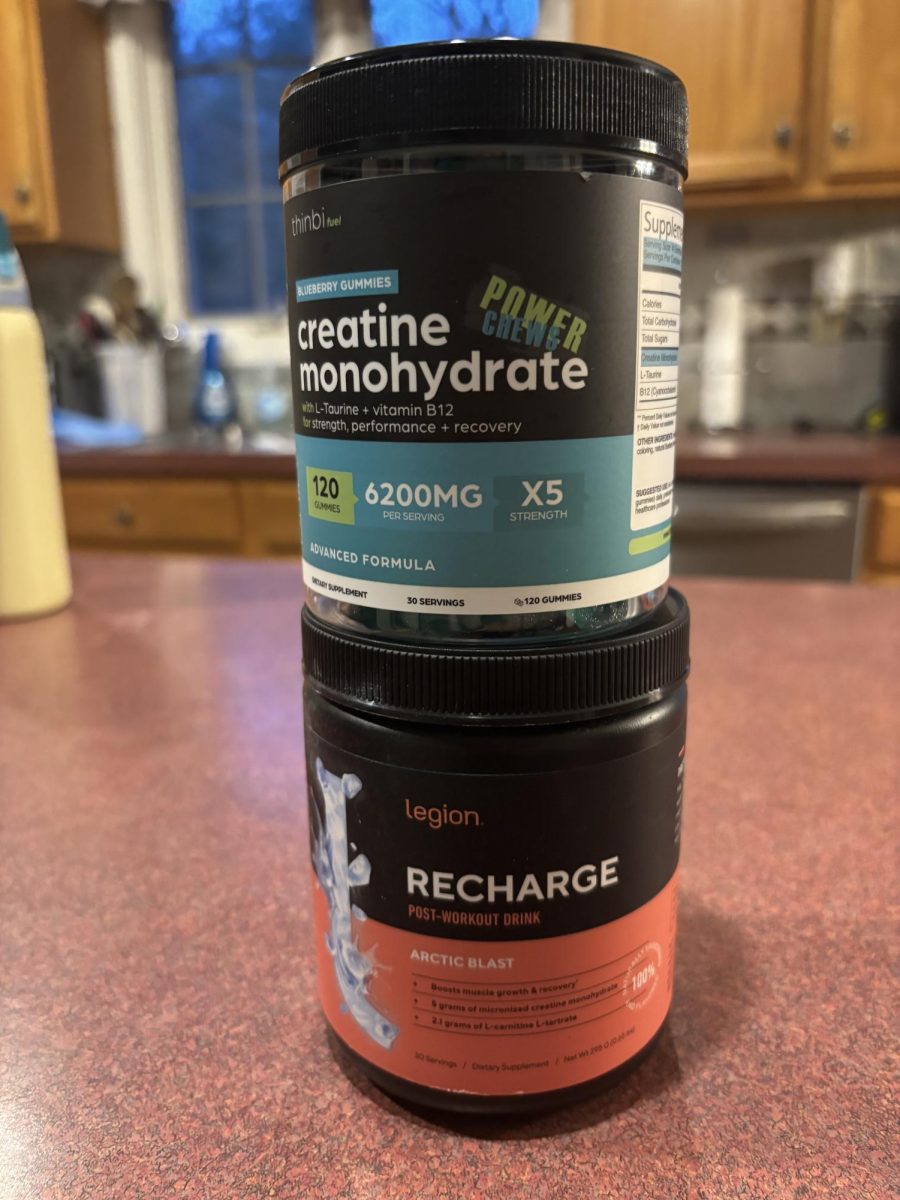As an avid gym goer, I have often wondered if specific supplements, constantly being promoted to me for muscle growth, actually work. I personally think that supplements have become so normalized that people do not research their benefits or harm and just think that the more the merrier, which is obviously untrue.
When people think of dietary or gym supplements, they often think of certain vitamins, creatine, or even some minerals like a good source of calcium. Although some supplements can be quite beneficial, others are unnecessary and have more harm than good.
Creatine is a very popular supplement in the gym environment and has its pros as well as its cons. Creatine is a molecule that is naturally produced in your body; it provides energy for muscles and other tissues. If you are looking to build muscle, creatine can definitely help.
Your Guide to the Best Supplements for Muscle Growth talks about how a large amount of research shows that creatine improves muscle health. Essentially when one takes creatine it is highly recommended to drink a lot of water throughout the day; this is because the increase in water content goes to your muscle cells, which causes muscles to swell and produces signals or muscle growth.
About half of your body’s natural creatine supply comes from your diet, and eating protein rich foods like red meat, seafood, and animal milk help. But manufacturers also make creatine in supplements, coming in forms of powder, tablets, or even gummies. The overarching question that should be asked–is it healthy to take creatine?
In Creatine: What It Does, Benefits, Supplements & Safety, it states that it is safe for many people to take creatine. But if you have kidney or liver disease, are pregnant or breastfeeding, or have diabetes, it is strongly advised to not take it.
When looking for supplements that actually have a beneficial effect on you, it is important to do your research. In Should You Take Dietary Supplements? | NIH News in Health, the author discusses the fact that some people take supplements daily, and do not even know what it is doing for their health.
Common supplements come in the form of vitamins, minerals, and herbal products. People take these thinking that they are improving their essential nutrients, but not everyone necessarily needs to take them. Because of this it is highly encouraged to speak to a health professional so that consumers get the most and best result out of the supplements they are taking for their health.
The National Institute of Health has a Dietary Supplement Fact Sheets, which lists a collection of dietary supplements, and provides information on its ingredients and benefits.
In conclusion, while dietary supplements can offer certain benefits, it is crucial to approach with caution and do your research. Supplements like creatine can be very useful and effective for muscle growth, but it requires a certain amount of hydration which is not always suitable for everyone.
Ultimately, supplements should be used to compliment a balanced diet and a healthy lifestyle, not to harm or replace good nutrition.










































